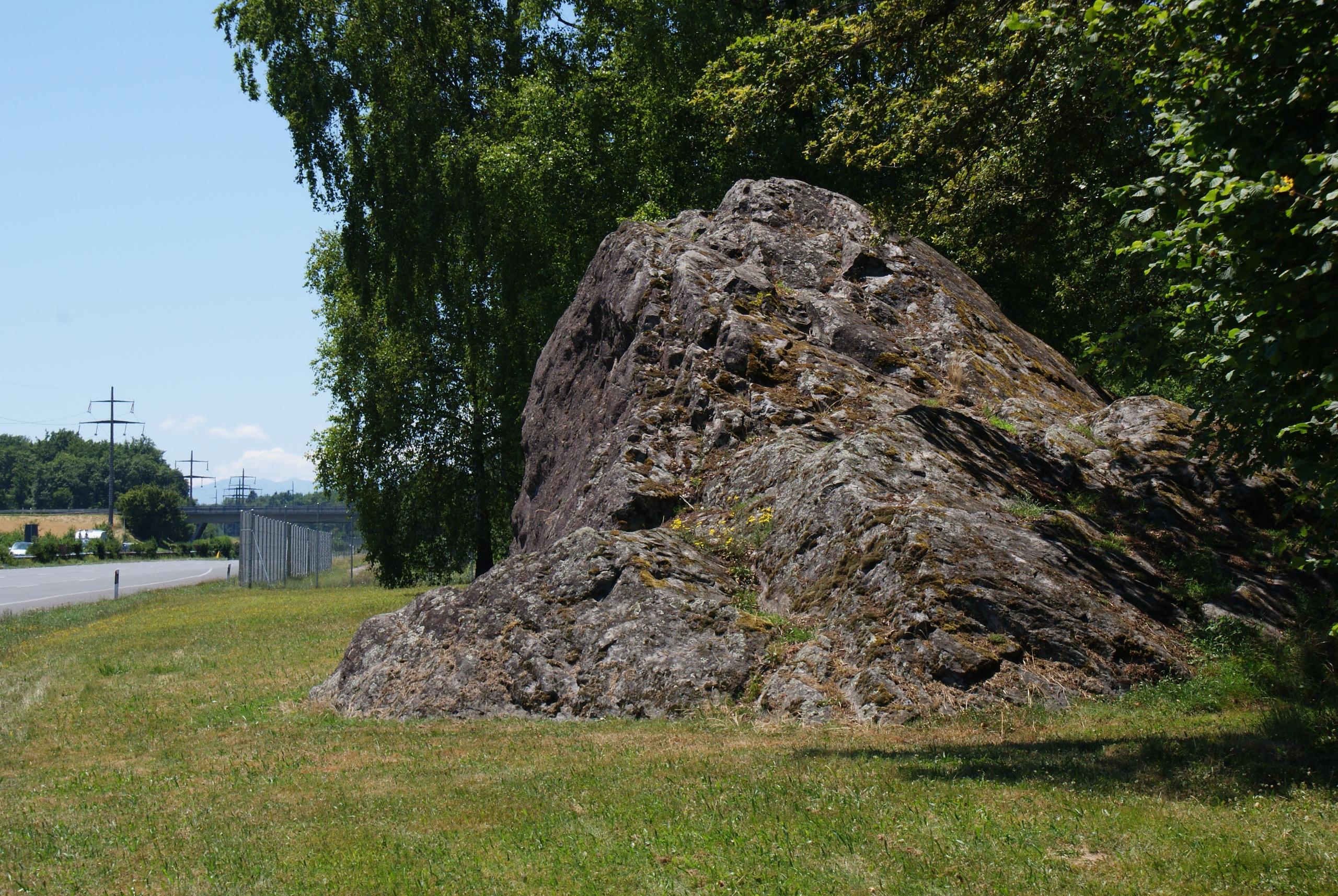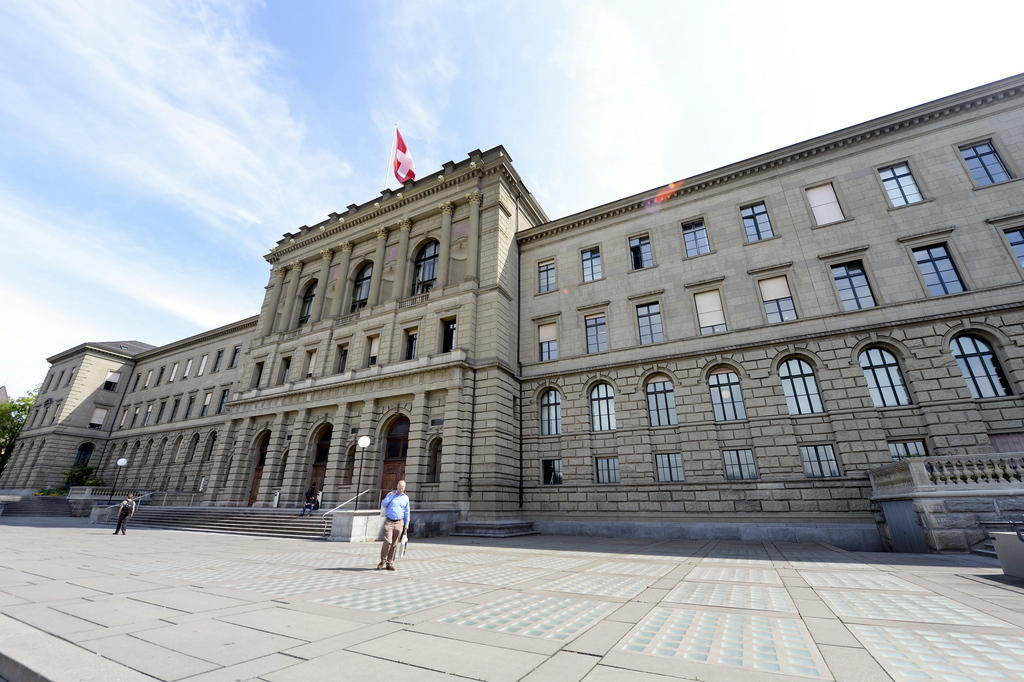How to solve the crisis of science

Cutthroat competition, isolation, obsession: a leading public health expert tells swissinfo.ch how modern science can be put back on track for the greater good of society.
There are few people better qualified to speak on the subject of the status of science in Switzerland than Marcel Tanner.
Currently the president of the Swiss Academy of Natural Sciences (SCNAT) and an emeritus professor and chair of epidemiology and medical parasitology at the University of Basel, Tanner led the Swiss Tropical and Public Health Institute from 1997 until 2015, and has spent nearly 40 years doing research and implementing public health initiatives in resource-poor nations.
But he’s concerned about fundamental problems with how science is done today, and he doesn’t beat around the bush when talking about how to solve them.
Tanner sat down with swissinfo.ch at the SCNAT headquarters in Bern following a national congress on the theme “We Scientists Shape Science”, hosted by the Academy and the Swiss Science and Innovation Council on January 26 and 27.
“This is the first congress where we have looked comprehensively at what we as scientists can do to positively influence scientific progress, and science’s value for society. To address these questions, we really have to look not just out the window, but also into the mirror,” says Tanner.
He adds that the congress, which drew some 230 participants from Swiss institutions, wasn’t just about science in Switzerland: “We will also launch the discussion internationally, including in resource-poor countries, where research infrastructure is crucial for societal development.”
Let's be #creativeExternal link! How #wescientistsExternal link can concretely foster #creativityExternal link in our daily life pic.twitter.com/HY741CVfDRExternal link
— SCNAT (@ScnatCH) January 27, 2017External link
Pressure to publish
Many of the problems addressed at the We Scientists symposium – such as competition and intense pressure to publish results fast and often – are the flip side of the exploding number of scientists and growing impact of science and technology on society.
As scientists compete more fiercely with one another for funding, journal covers and recognition, the pressure to stick to ‘safe’ mainstream research has increased, leaving less time for activities that are integral to scientific inquiry – like being more curious and creative, and pursuing riskier research ideas.
Last month, the growing preoccupation of prestige – even celebrity – in science was also the subject of an interview in The GuardianExternal link with Swiss Federal Institute of Technology Lausanne (EPFLExternal link) immunologist Bruno Lemaitre.
But Tanner says that the modern obsession with pay and prestige misses the point of good science altogether, placing the emphasis on the individual rather than the scientific community and the good of society at large.
“In science, it’s not about doing great things. It’s about doing common things with the deep recognition of the inner value of those common things,” he says.
Tanner gives the example of the Basel-based Swiss Tropical and Public Health InstituteExternal link, where he says the focus there is on maintaining a sense of community with carefully defined roles, and on giving due credit for fulfilling those roles.
“We are working at a salary scale that is below that of the University of Basel,” he says. “That we have to pay properly is without discussion. But for all those who think science is a place to make money – we don’t want them, these are not really scientists!”
Tanner is also critical of modern science’s emphasis on recognising and rewarding individual researchers as opposed to groups. He says that SCNAT is now developing criteria for evaluating collective scientific achievements and publications.
“You cannot rate one single scientist for his greatness, because we have to work together to make a meaningful contribution [to science and society],” he says.
But what if such a shift away from individual recognition and remuneration encourages the brightest scientific minds to leave academia, and choose a career in industry?
“I don’t care!” is his reply. “The greatest successes we’ve had in new drugs, vaccines, and diagnostics for diseases of poverty have been through public-private partnerships. So if people work in the private sector for common aims – that’s fine, and we should not criticise that.”
What are the most relevant challenges in shaping science? Read the summeries of day1 #wescientistsExternal link https://t.co/khJomXbf2FExternal link
— SCNAT (@ScnatCH) January 27, 2017External link
Communicating successes…and failures
Being able to reproduce scientific results was a key issue at the congress, and often relates back to the problem of time pressure, as scientists have an incentive to publish results that appear most interesting as soon as possible.
But attendees agreed that, while there often seem to be too many papers published in journals, there are still important phenomena – even negative results or failed experiments – that should be shared instead of thrown in the trash.
Better infrastructure for sharing such results, as well as open access data and publications, was also called for. According to Tanner, SCNAT is already working with the Swiss Science and Innovation Council and the Swiss National Science Foundation to manage open access in Switzerland, where about 40% of publications produced with public funding are freely available.
Tanner emphasised that greater investment in accurately and objectively communicating research results to policymakers and the public is also essential to good science.
“We are not here as scientists to say which policy decisions should and shouldn’t be taken – which many scientists unfortunately do,” he observes. “We are only here to make policy-relevant statements. If we do this correctly, then we are much better placed in the dialogue.”
Outside the comfort zone
Some of Tanner’s strongest words were on the topic of careers. He says that training for young scientists is too focused on classroom work, and not enough on one-on-one mentoring and – above all – field experience.
“The role of the so-called big professors should not be carving monuments to themselves. It should be mentoring and tutoring, because that’s where you can capture the enthusiasm of young people: to animate them and catalyse them.”
Instead of enrolling in unnecessary trainings and seminars, Tanner says scientists should be spending more time learning on-the-go.
“If you work in the health sector, and you have emergencies to handle, you sometimes see that the burden of disease increases because people are away at a training,” he says.
“So don’t take people away – do in-service training. And not just in biomedical fields, but also conservation biology. Go to your national park and solve problems there. Go in the rainy season! Here in Switzerland, we have hardly any research taking place during winter in our national parks because it’s too cold, it’s too difficult. That’s where you have to go, that’s where you learn. That’s where you change. That’s where you understand.”
What other problems do you think scientists today need to address? Share your ideas in the comments!

In compliance with the JTI standards
More: SWI swissinfo.ch certified by the Journalism Trust Initiative












You can find an overview of ongoing debates with our journalists here . Please join us!
If you want to start a conversation about a topic raised in this article or want to report factual errors, email us at english@swissinfo.ch.